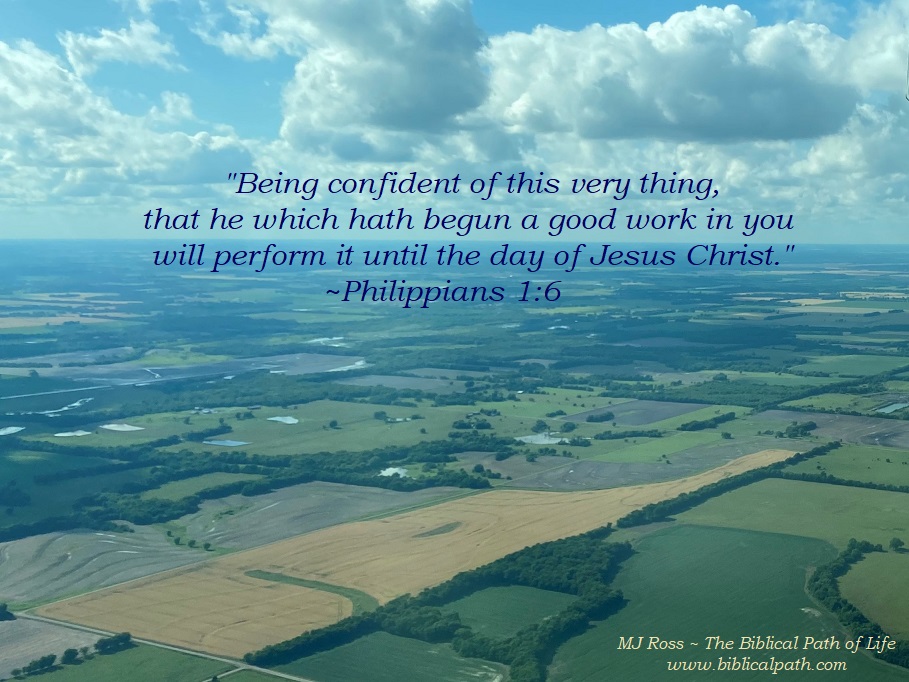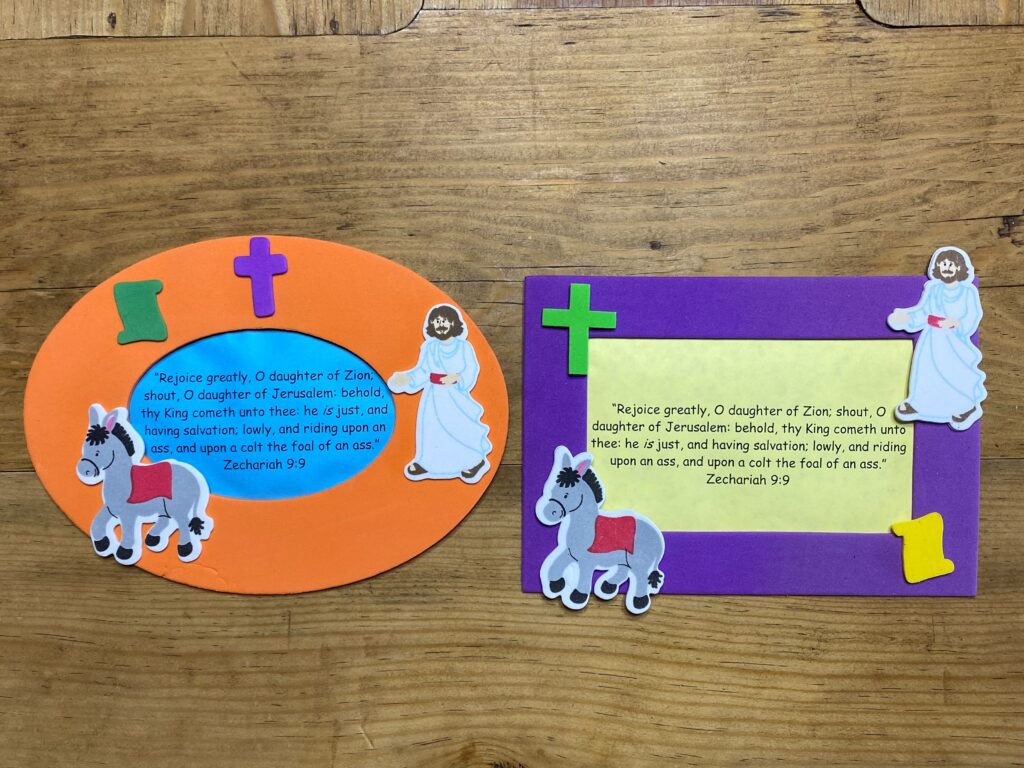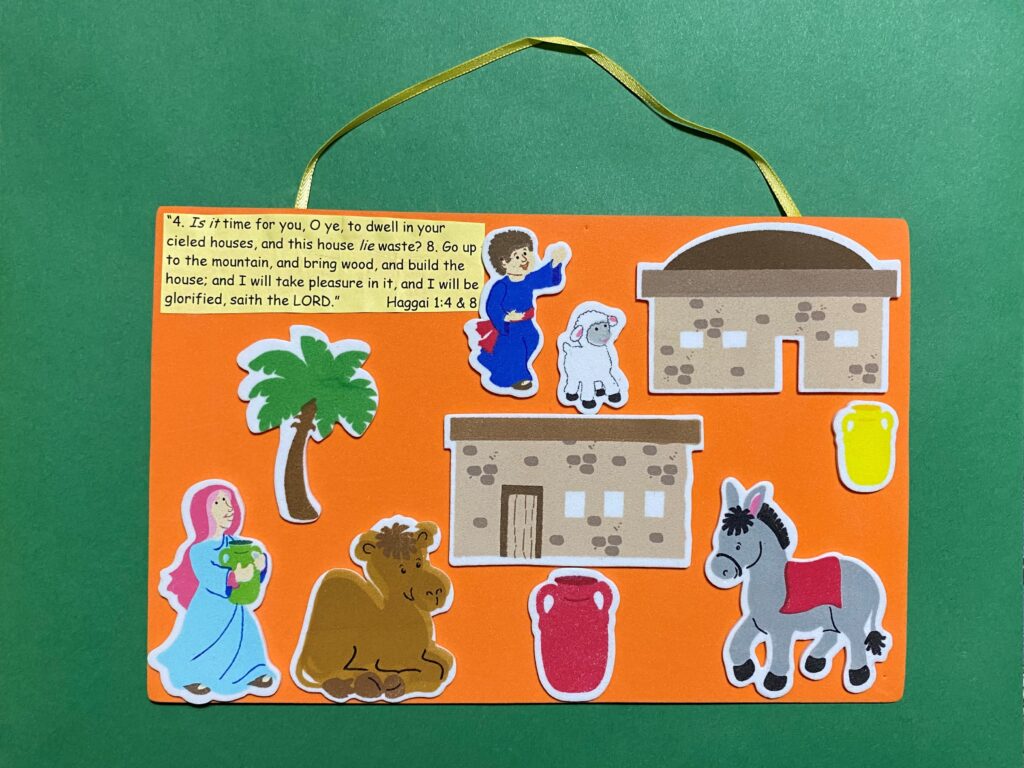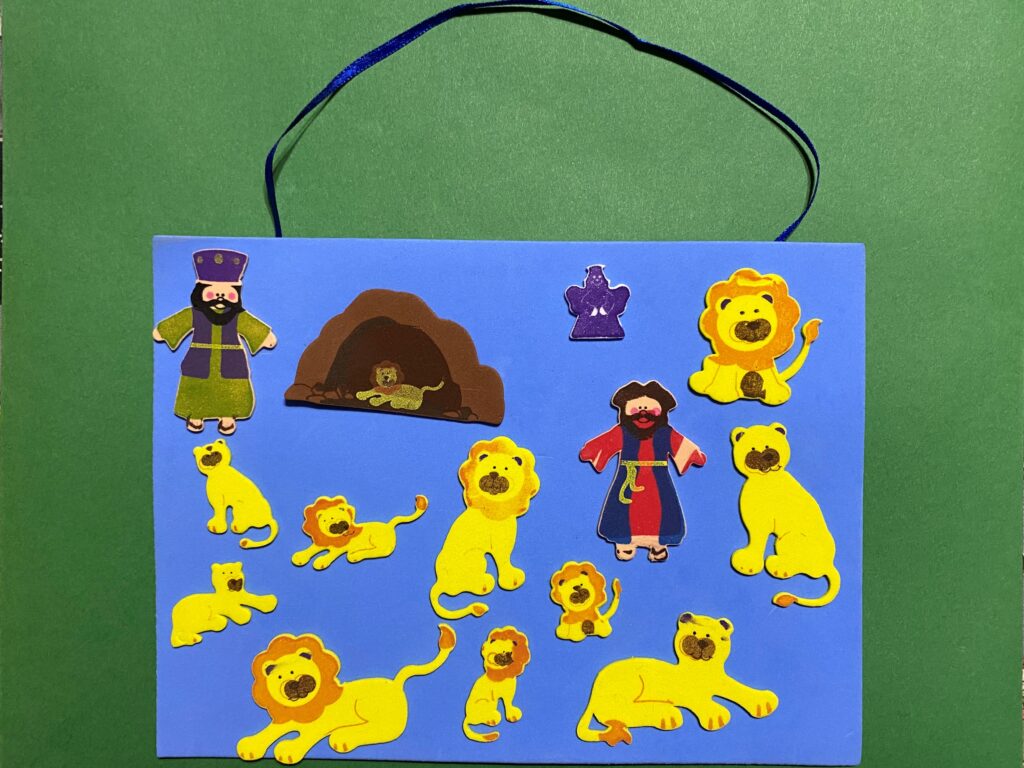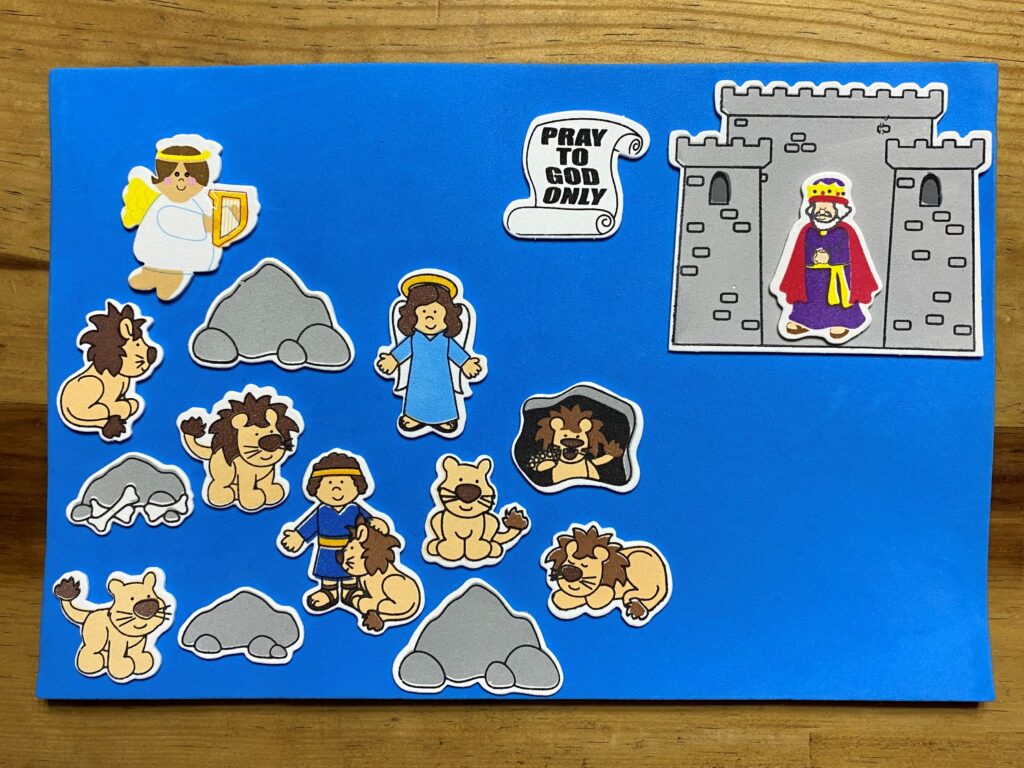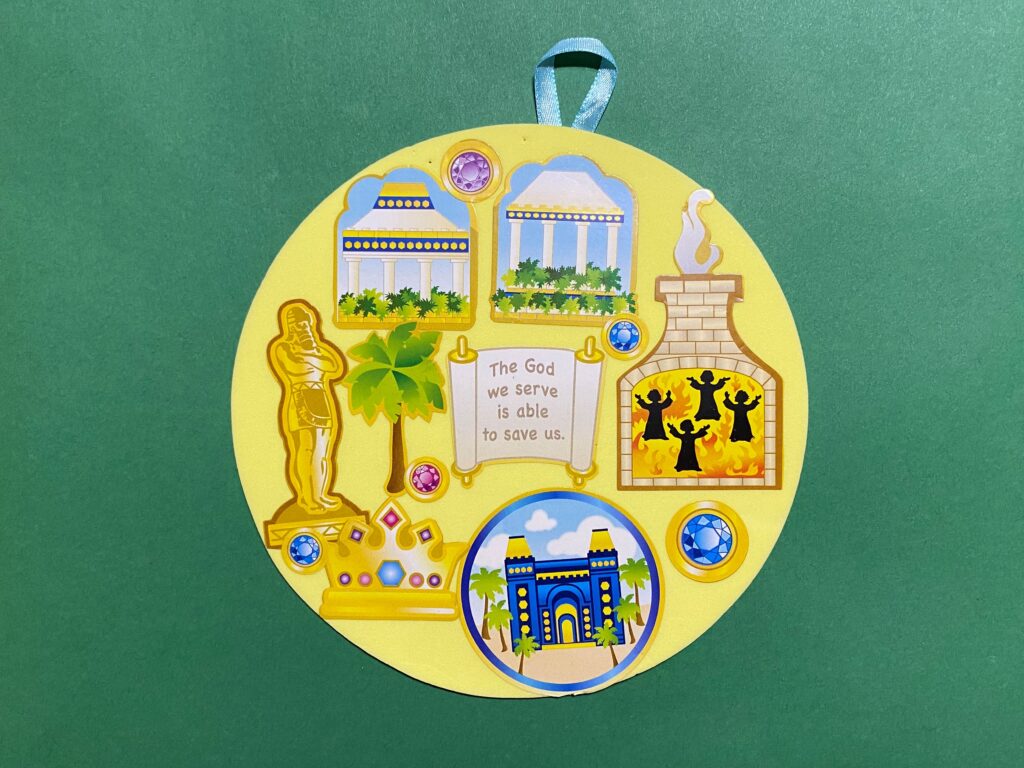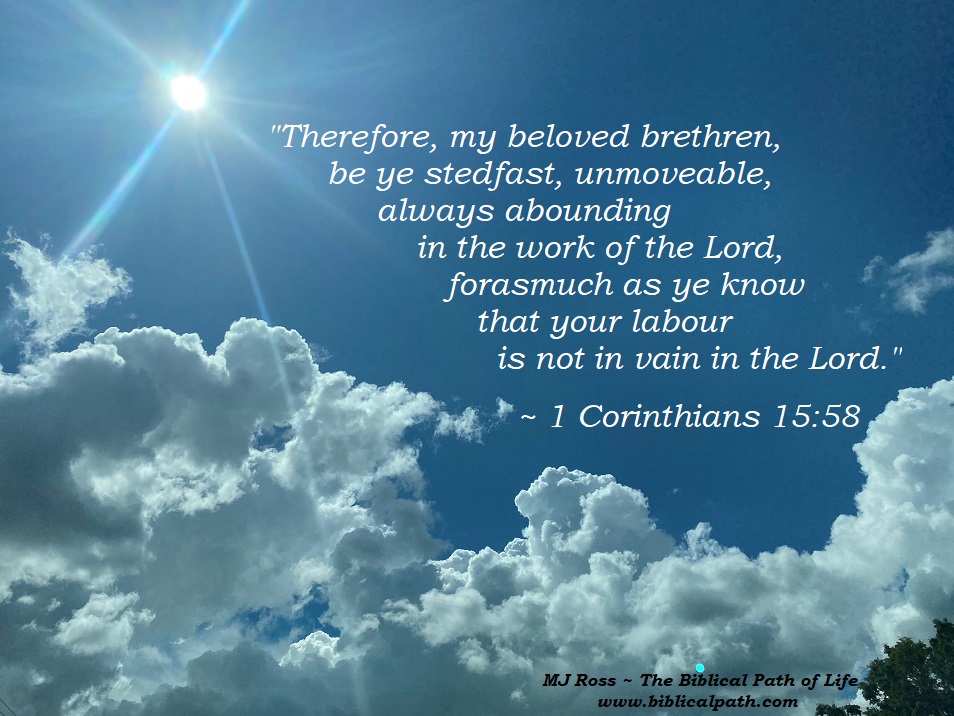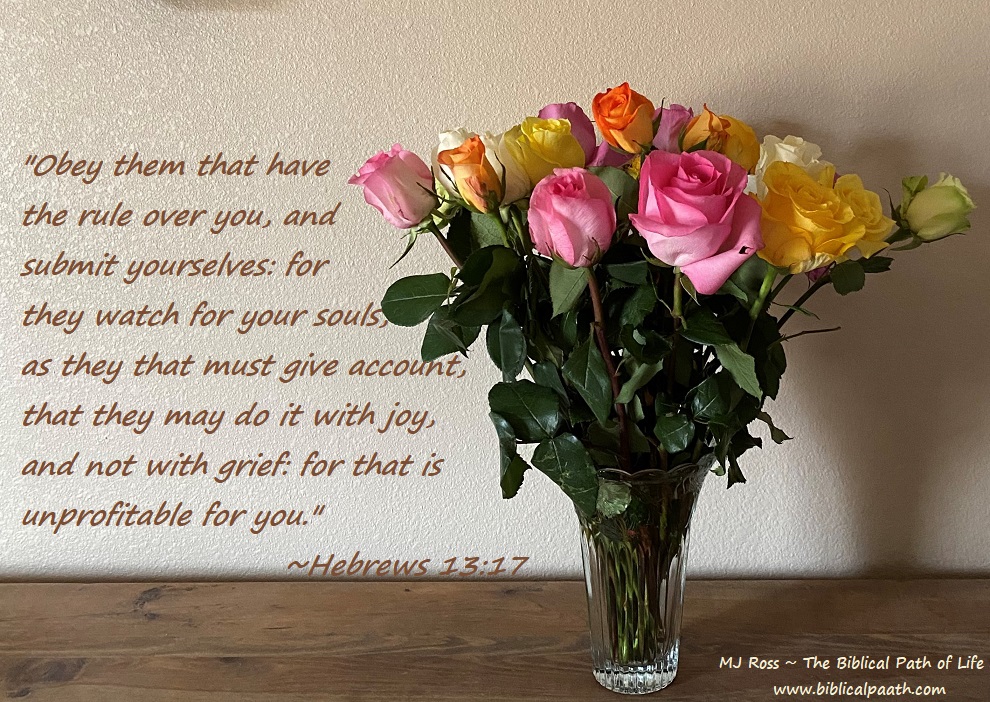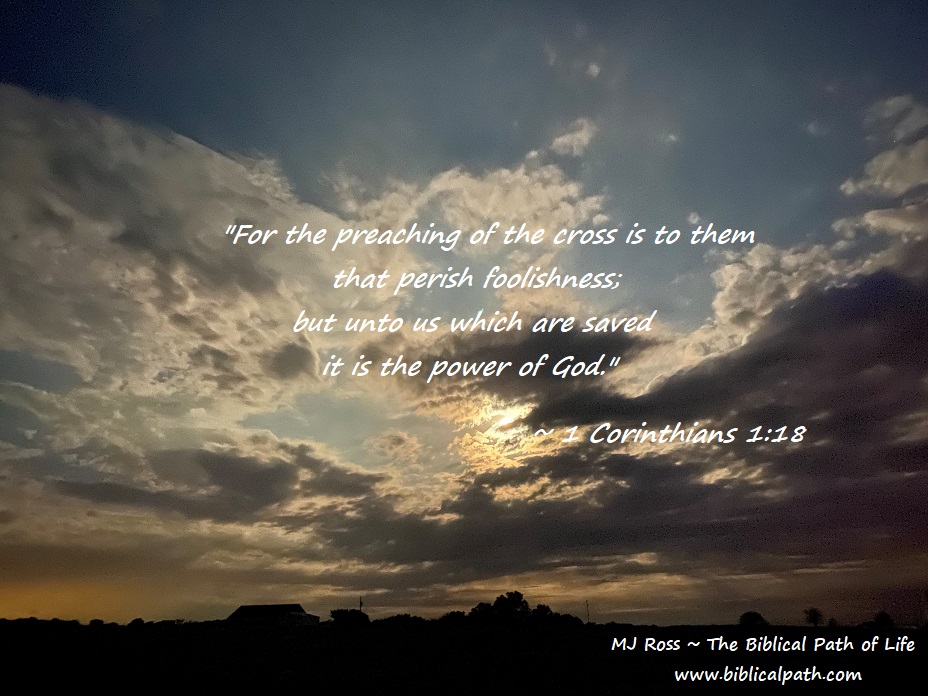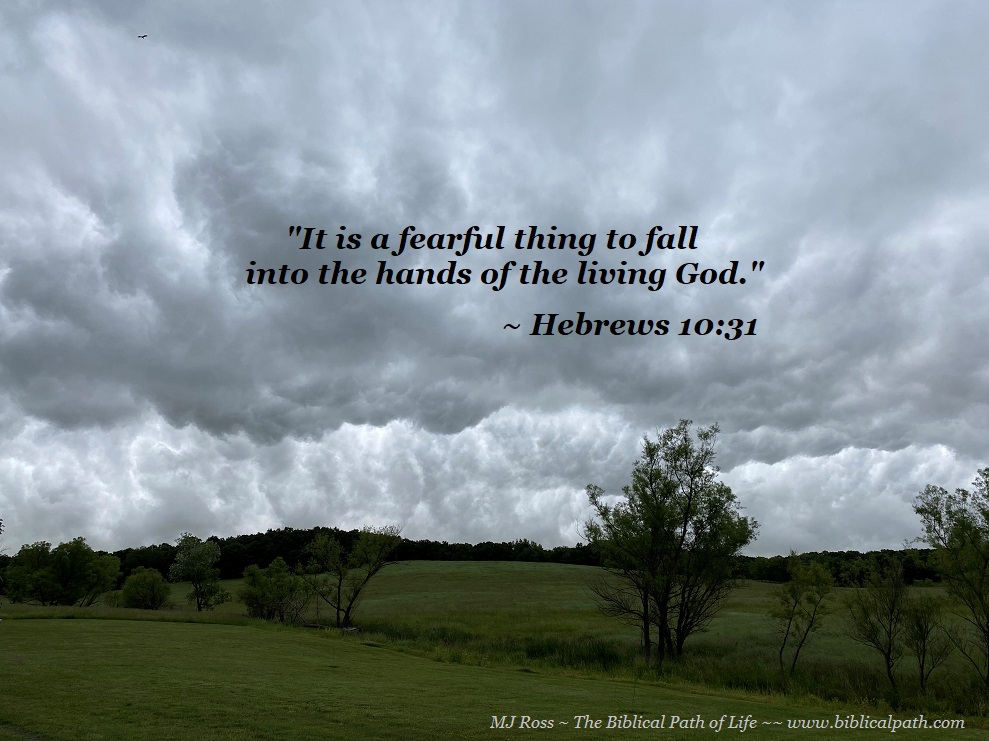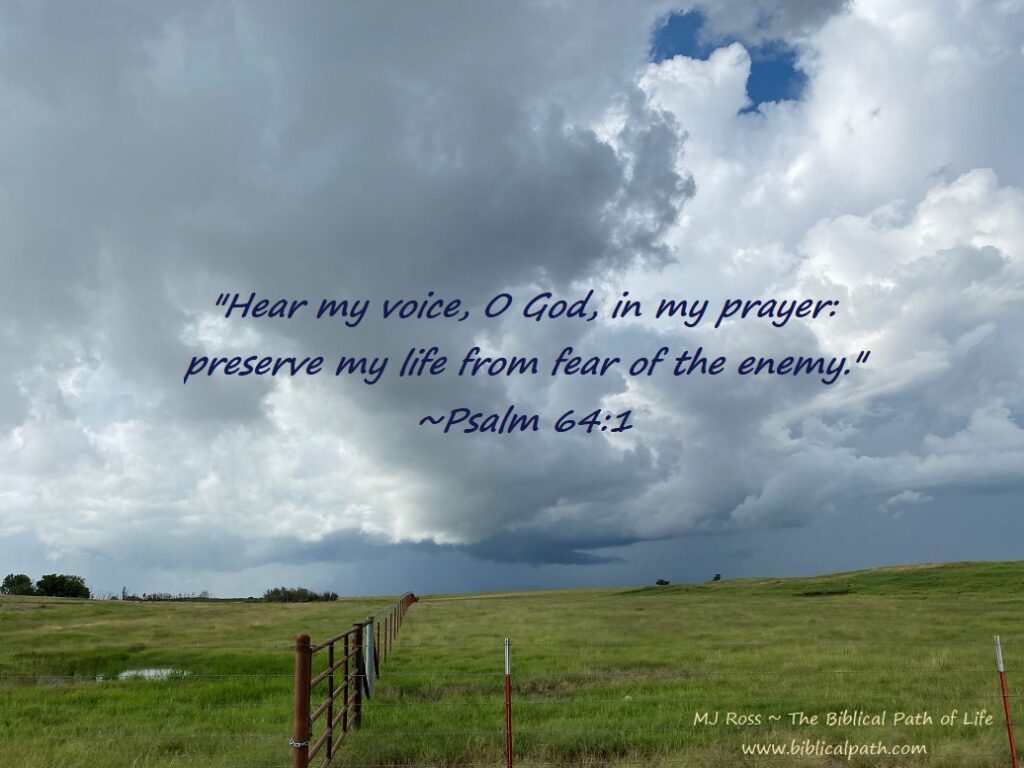
Key Verse
Hear my voice, O God, in my prayer: preserve my life from fear of the enemy.
—Psalm 64:1
Key Verse Thought: Read the Key Verse. Begin to understand the importance of prayer. We will learn in this lesson of one who was fearful for her life and the lives of her people – so they fasted, and God spared their lives. Although prayer is not mentioned in the book of Esther, knowing that prayer and fasting go together at times in the Bible, one may consider the idea that prayer was included with their time of fasting.
Emphasis: Be encouraged to recognize the power of prayer – and use that prayer to pray for the eternal lives by salvation for our friends and family.
Lesson Summary: Remembering that we are studying the Bible in as close to historical order as possible, we will leave the book of Ezra for a week. The events that took place in the book of Esther happened after the seventy-year captivity and after a remnant had returned led by Zerubbabel. However, it also took place before Ezra led another group back to Jerusalem, and before Nehemiah returned to rebuild Jerusalem’s walls. That places the timeframe for the events from the book of Esther in the middle of the book of Ezra.
There are only two books in the Bible named after women: Ruth and Esther. Esther is a most unusual book because God is never mentioned, and we see no miraculous intervention by God recorded. Nevertheless, we can most definitely recognize God working behind the scenes. Read a little insight we find in the book of Isaiah. “And when ye spread forth your hands, I will hide mine eyes from you: yea, when ye make many prayers, I will not hear: your hands are full of blood” (Isaiah 1:15).
King Ahasuerus was king of Persia (remember they defeated the Babylonian kingdom). When he sought for a new queen, Esther was chosen from all of the fair virgins of the land. Her cousin, Mordecai, who had raised her after her parents’ death, told her to keep her Jewish heritage a secret. When Esther became queen, Mordecai sat at the king’s gate, where he made an enemy – Haman. Haman had been promoted above all of the king’s princes, but Mordecai would not bow to him. Haman’s hatred turned from just Mordecai to all of the Jews in the land. He asked the king to sign a decree stating that all of the Jews in the land could be killed on a certain date. The king agreed. Mordecai mourned.
Mordecai sent a message that Esther must go to the king to plead for the Jews lives. After fasting and prayer by all, she went into the king’s presence, fearful for her life. Anyone who entered the king’s presence without first being called would be put to death – unless he held out the golden scepter. When the king saw Esther, she found favor in his eyes, he held out the golden scepter, and asked what she wanted – up to half of the kingdom. She asked the king and Haman to dinner. After the second dinner, she asked the king for her life and the lives of her people to be spared. When the king found out Haman’s plot, Haman was hung. Mordecai was elevated to Haman’s position and another law was written to circumvent the first law. God’s people were spared.
Once again, we read a book in the Old Testament with a very familiar event. In this lesson, we will actually read much of the scripture. If you happen to be in a group or class, read them aloud together, for the events could never be retold any better than it was recorded in God’s Word.
Y2Q4 – Lesson 7 Children’s Worksheets
If you are teaching this lesson to children, here are a couple of craft ideas to go along with this lesson:
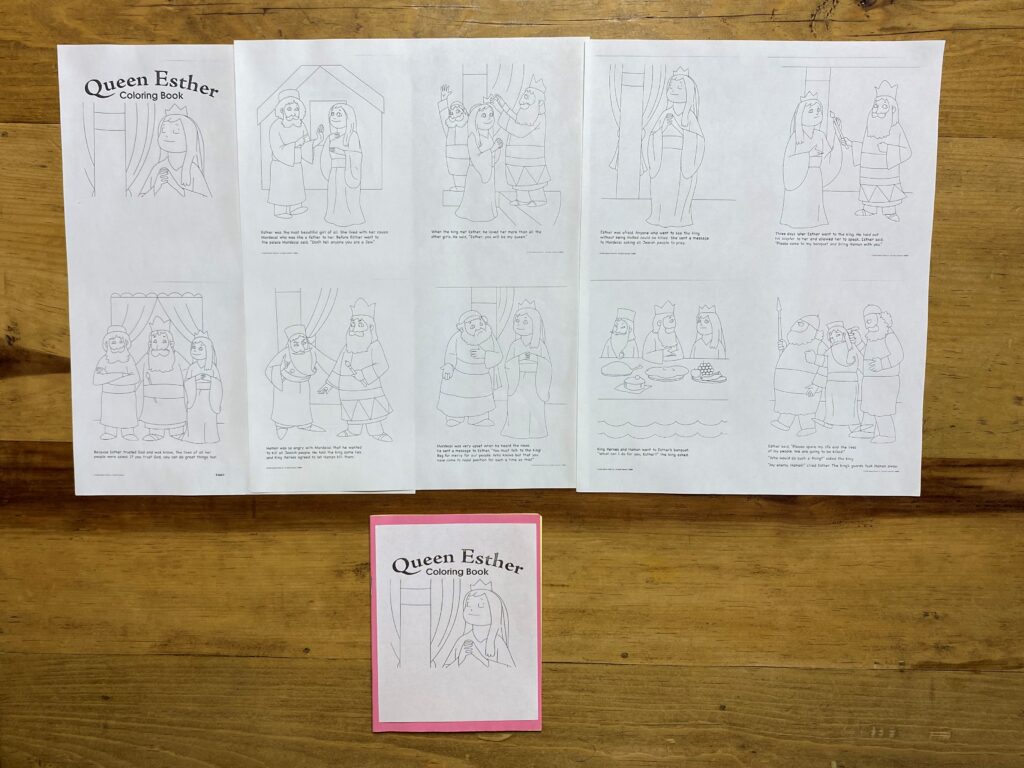

One time we made a coloring book by cutting out the different pictures of Esther’s life and glued them into a construction paper book we made. Another time we used stickers of Esther to make a scene.
